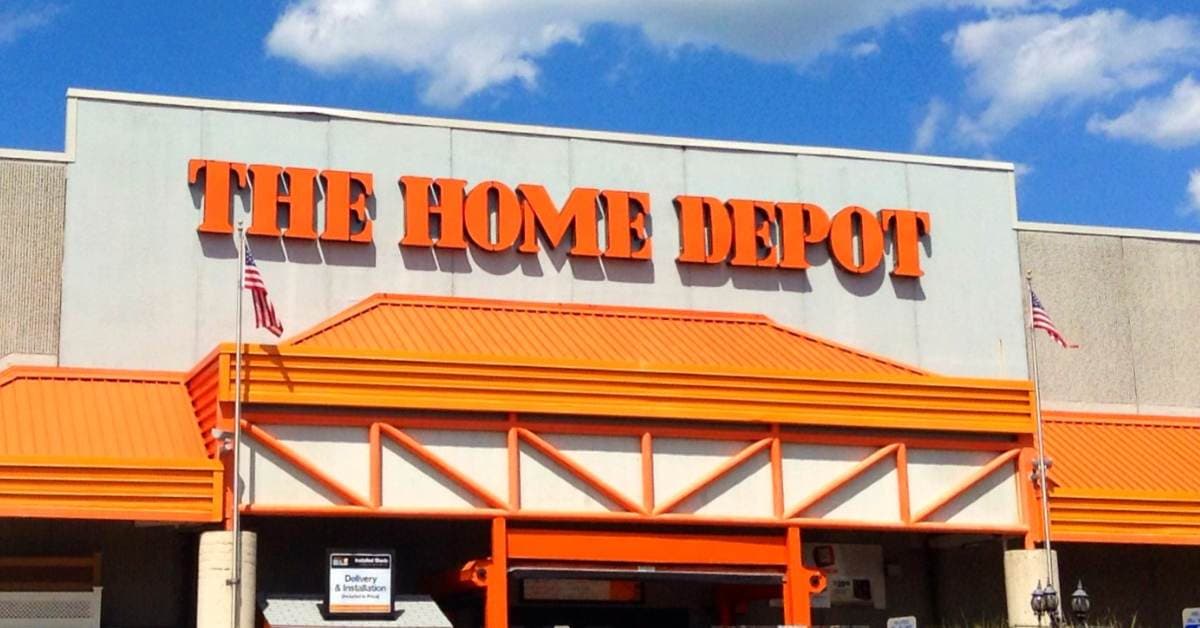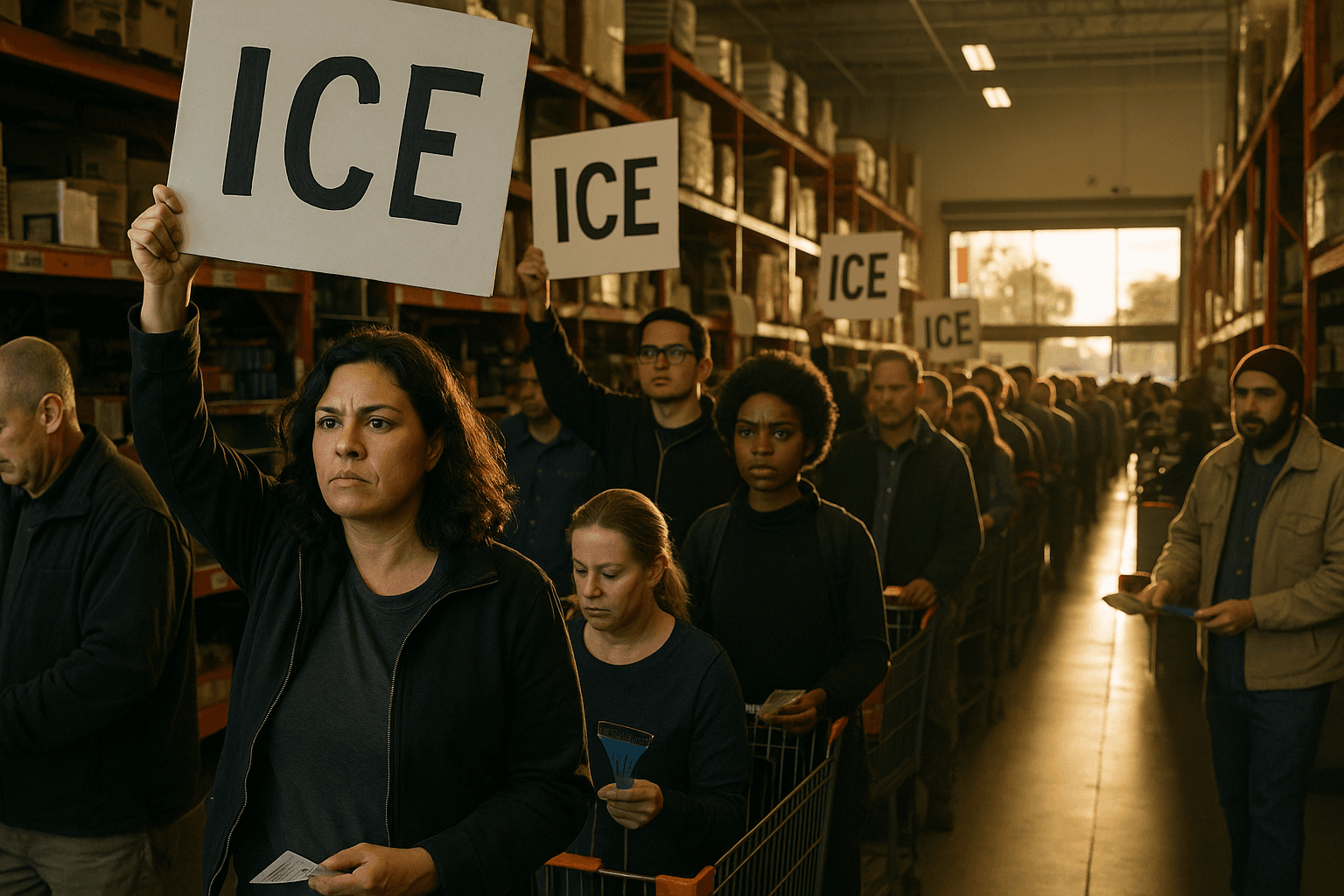Protesters Create Long Lines at Monrovia Home Depot, Highlight ICE Concerns
On November 24, a group of protesters staged a coordinated buy in at the Home Depot in Monrovia, California, purchasing inexpensive ice scrapers then immediately returning them to create long lines and slow store operations. The action was intended to draw attention to Immigration and Customs Enforcement activity near store parking lots and to pressure the company to respond, a tactic that briefly altered traffic patterns and raised concerns among employees and customers.

A coordinated consumer protest at the Monrovia Home Depot on November 24 temporarily disrupted store operations when participants purchased 17 cent ice scrapers and then returned them, forming long queues at registers and customer service counters. Organizers framed the tactic as a way to spotlight reported ICE activity near store parking lots and to push the company to address community safety concerns. The stunt drew attention quickly and created confusion among shoppers and staff on a busy shopping day.
Home Depot issued a public statement denying that it coordinates with immigration enforcement. The company did not, in the statement, acknowledge any direct link between its parking lot practices and the reported activity the organizers cited. Store employees were left handling the inflow of returns and managing lengthening lines while maintaining routine duties, a dynamic that multiple local observers said changed the tone of customer interactions for several hours.
For workers, the episode illustrated how external activism can have immediate operational consequences inside retail locations. Extended lines and sudden surges in customer returns can increase workload at registers and service desks, complicate scheduling for hourly staff, and heighten concerns about personal safety and conflict with customers. On peak shopping days that already strain staffing and resources, these kinds of protests can amplify stress on floor employees and shift managers who must balance crowd control with normal store operations.

The Monrovia action is part of a broader trend of community groups using creative consumer tactics to pressure corporations on social issues. For frontline workers, such campaigns can bring attention to neighborhood concerns while also creating short term disruptions. Store leadership faces the challenge of responding to community pressure, addressing employee safety perceptions, and adapting policies that touch both customer experience and local security. How Home Depot responds in the weeks ahead may influence whether similar tactics spread to other locations and how prepared stores are to protect employees and maintain service during organized protests.


